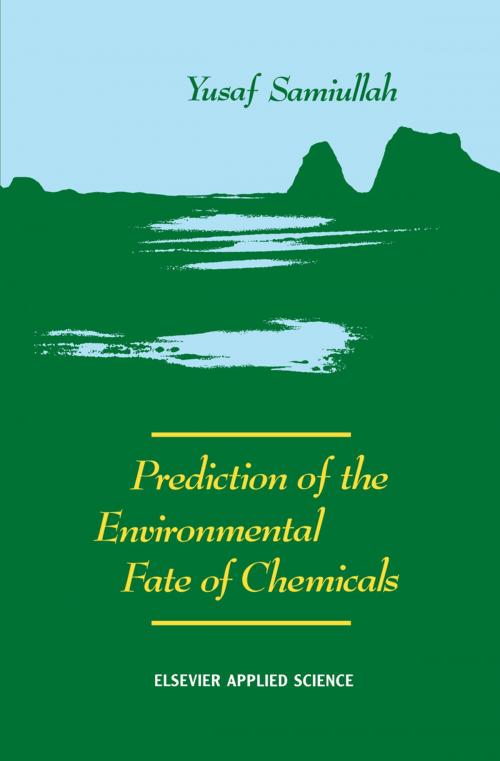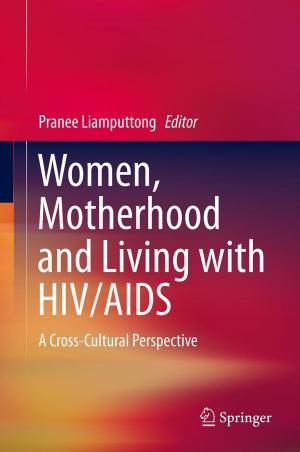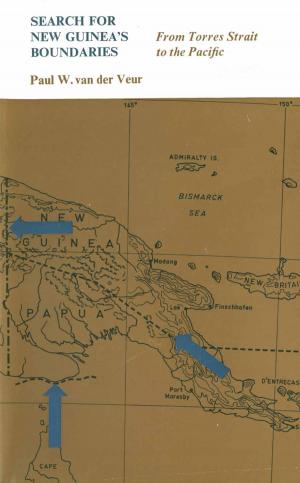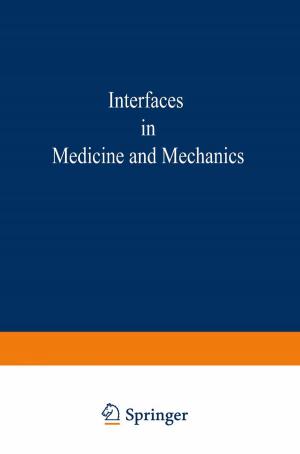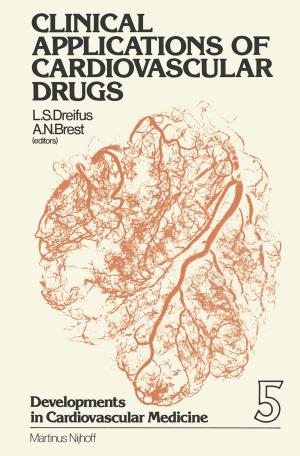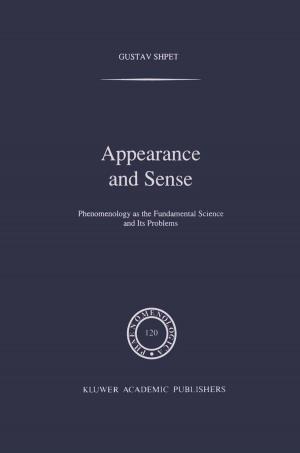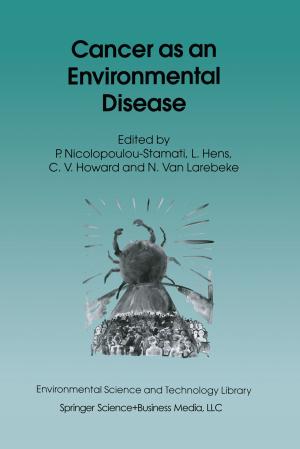Prediction of the Environmental Fate of Chemicals
Nonfiction, Science & Nature, Science, Chemistry, Physical & Theoretical, Biological Sciences, Environmental Science, Technology| Author: | Y. Samiullah | ISBN: | 9789400922112 |
| Publisher: | Springer Netherlands | Publication: | December 6, 2012 |
| Imprint: | Springer | Language: | English |
| Author: | Y. Samiullah |
| ISBN: | 9789400922112 |
| Publisher: | Springer Netherlands |
| Publication: | December 6, 2012 |
| Imprint: | Springer |
| Language: | English |
Concern over the effects of chemicals in the environment has been increasing for many years. Environmental contamination by DDT, Aldrin, Dieldrin, mercury, PCBs, organotins and many other sub stances are all part of the public consciousness and have led to widespread attention to this topic. Some of the concerns have arisen because human health has been affected when contaminants have been consumed via the food chain-for instance in the case of 'Minimata disease' in Japan. In other cases, direct effects on other components of ecosystems have given cause for alarm. The toxic effects which any chemical can cause are a function of exposure and innate toxicity, i.e. of the ability to reach in sufficient quantity a site where a biological process can be disrupted and of the tendency to cause disruption when it gets there. The processes by which chemicals reach sites of toxic action are the subject of this book, and are a fundamental consideration in ecotoxi cology. When a chemical enters the environment e.g. via a spillage or in an effluent, it is potentially subject to a wide variety of processes which may eliminate it from the environment completely, modify it into a more or less harmful substance, or transfer it to another part of the environment. The processes involved are complex and highly variable, but it is essential to increase our understanding of them.
Concern over the effects of chemicals in the environment has been increasing for many years. Environmental contamination by DDT, Aldrin, Dieldrin, mercury, PCBs, organotins and many other sub stances are all part of the public consciousness and have led to widespread attention to this topic. Some of the concerns have arisen because human health has been affected when contaminants have been consumed via the food chain-for instance in the case of 'Minimata disease' in Japan. In other cases, direct effects on other components of ecosystems have given cause for alarm. The toxic effects which any chemical can cause are a function of exposure and innate toxicity, i.e. of the ability to reach in sufficient quantity a site where a biological process can be disrupted and of the tendency to cause disruption when it gets there. The processes by which chemicals reach sites of toxic action are the subject of this book, and are a fundamental consideration in ecotoxi cology. When a chemical enters the environment e.g. via a spillage or in an effluent, it is potentially subject to a wide variety of processes which may eliminate it from the environment completely, modify it into a more or less harmful substance, or transfer it to another part of the environment. The processes involved are complex and highly variable, but it is essential to increase our understanding of them.
